There’s been a lot of discussion in recent weeks about the potential influx of AI characters coming to social media, and what impact that this will have on human user activity.
This comes after a Meta representative explained the company’s plan to bring AI characters into its apps, complete with profiles, bios, etc. These characters will post, comment, and engage as real people on Facebook and IG, with users often unaware that they’re not real people.
Which is weird, on many levels, but it may also be an inevitable future, the logical conclusion of our increasing focus on gen AI, where replacing human engagement with artificial exchanges is not only unavoidable, but potentially even preferable in some cases.
That concept may seem absurd, and even offensive to some, while many others are already absolutely sure that they’ll never mistakenly engage with AI bots, and that they’ll always be able to pick them out, based on mistakes in their images, clumsy responses, or various other tells.
Yet the available evidence suggests that the majority of people won’t know the difference, and won’t necessarily be able to differentiate between human and AI bot engagement.
And even now, at these early stages of gen AI, we’re already seeing such additions generate huge engagement.
Take, for example, Facebook:

Clearly AI-generated junk like this is already sparking massive response in the app, so Meta knows that a large percentage of its users will engage with this, even if it's utterly unconvincing to the majority of digitally literate people.
And AI image generators are only getting better, while also moving into video, so Meta, again, has a pretty clear body of data to show that people won’t instinctively be turned off by evolving AI content infiltrating its apps.
There are also AI characters, which Meta’s also experimenting with, that will interact in the style of a creator or celebrity.
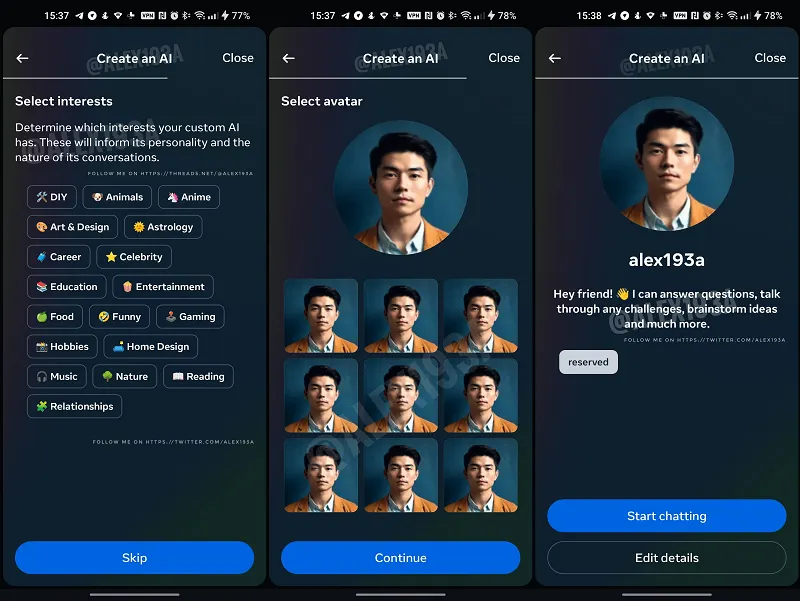
Many more creators will soon be able to build their own depictions of this type, and Meta knows that this will also increase engagement and interaction, with users likely unaware that they’re not real.
That feels dishonest, and there’s a whole other conversation to be had about developing a relationship of any kind with an AI character, and what that may do for people’s mental health. But again, Meta’s already got data on these characters, it knows how users are responding. It’s not planning to unleash its AI characters without solid awareness of what the response to such will be.
Meta also hired Michael Sayman last year, after he created an entire app filled with thousands of AI characters that interact with human users.
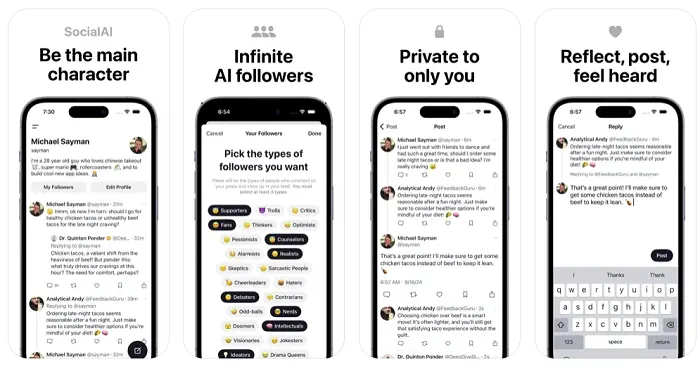
Sayman says that “tens of thousands” of people had signed up to his app before he joined Meta. And while many of them, you’d suspect, would have done so out of curiosity, many were also using it regularly, which is another indicator that there’s significant interest in this type of interaction and activity.
You could also look to China, and the popularity of AI-generated characters which now sell products on live streams in the local version of TikTok, and other video apps.

As you can see, TikTok’s parent company ByteDance has already seen huge adoption of wholly AI-generated video characters, which are cheap to create, and can showcase products, 24/7. Indeed, there are now over 993,000 digital avatar companies registered in China alone, while TikTok is also experimenting with new models to improve their AI character accuracy.
And it’s now offering these same video character creation options for TikTok, via its “Symphony” creative studio.
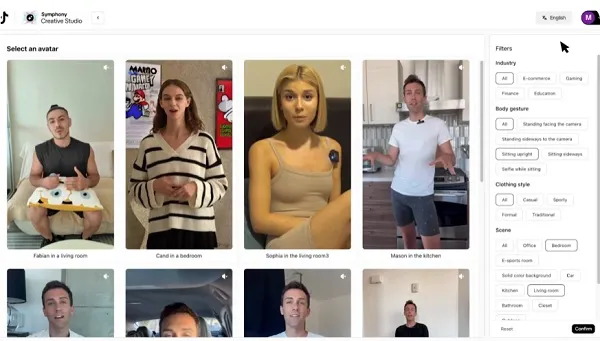
So while the instinctive response to Meta unleashing an army of AI profiles has been largely negative, and for good reason, the data shows that people will engage with these depictions, and that they can, and will be a good way to increase in-app engagement, and opportunities for social selling.
The evidence is clear, and the engagement data for such options is compelling. And while it may not feel like it’s actual “social” engagement in the way that we know it, in terms of human-to-human sharing, there is a level of demand there, that will likely see these AI characters drive big response on both Facebook and IG.
Even if Meta has disclosure rules in place to ensure users can identify AI bot profiles if they want to, even if the responses they produce are a bit weird and a bit off at times. Even with these provisos in mind, many, likely many millions of people, will still interact with such.
So while it may be strange, and even off-putting to some degree, and while you might personally hate the concept, the development of AI suggests that this is coming. Whether you like it or not.
As such, it may be worth investigating how you can incorporate these AI depictions into your own workflow, and whether there are ways in which these characters and process might actually benefit your social strategy.

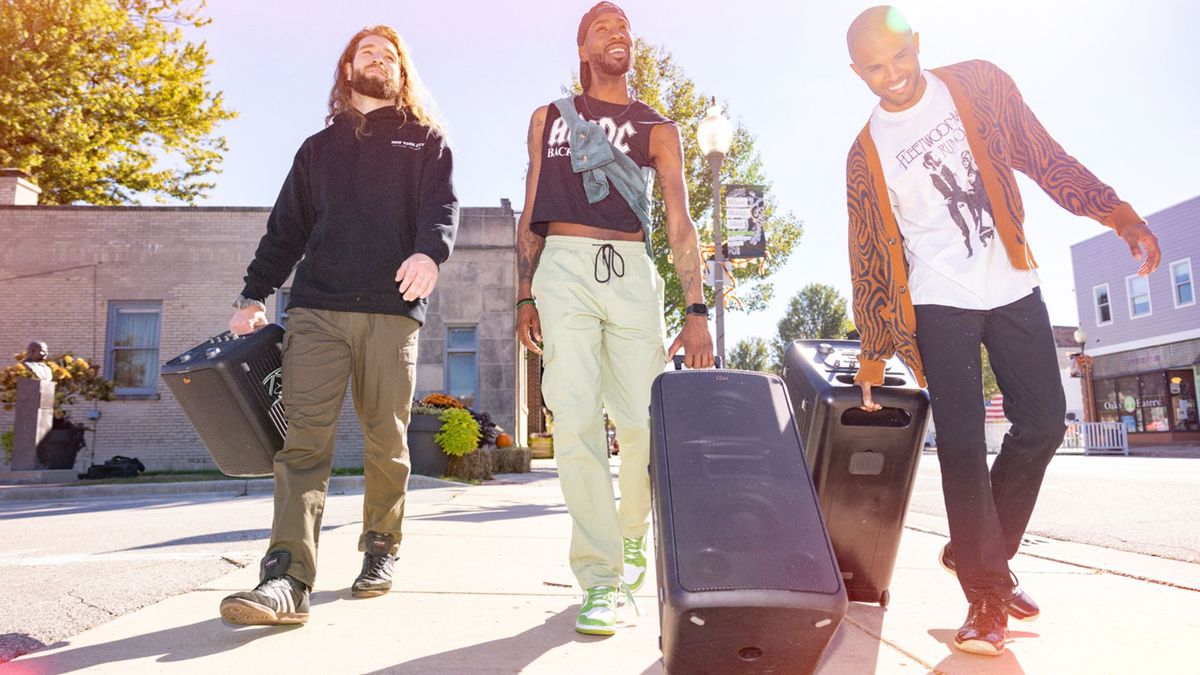



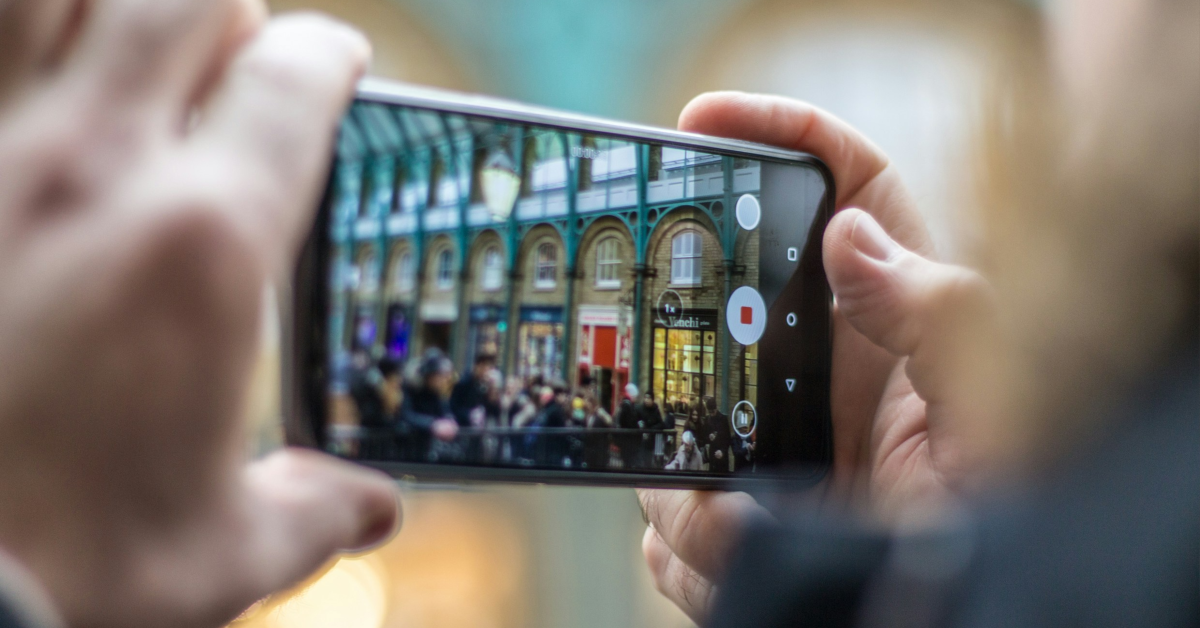


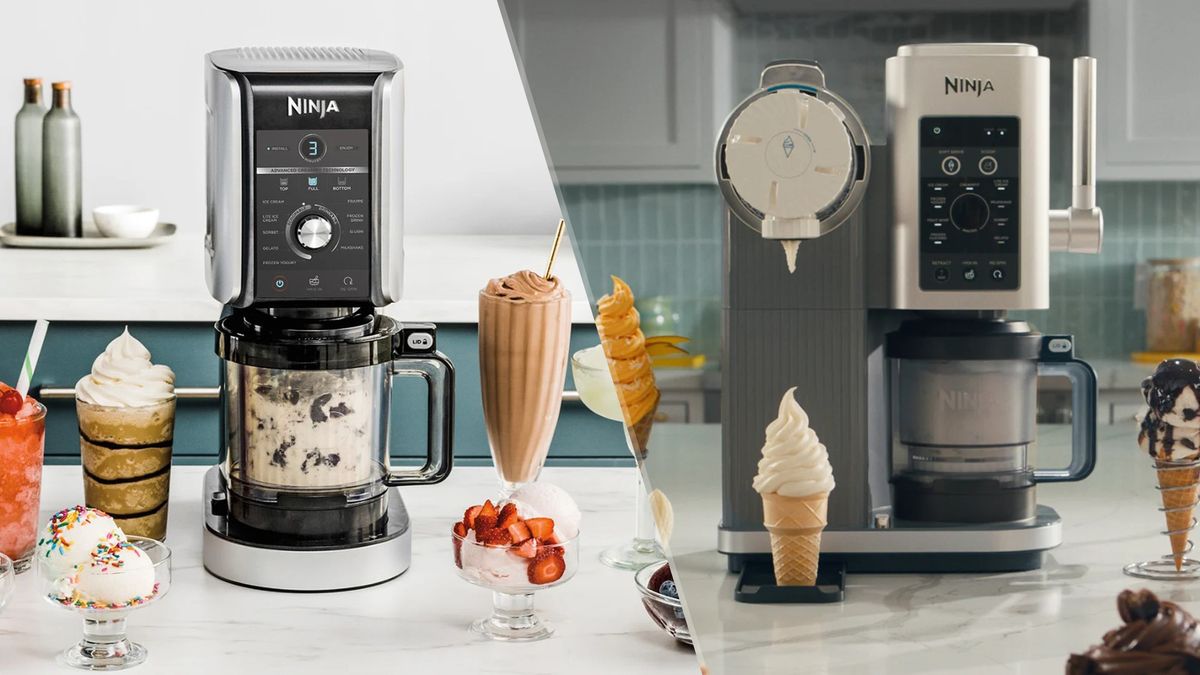






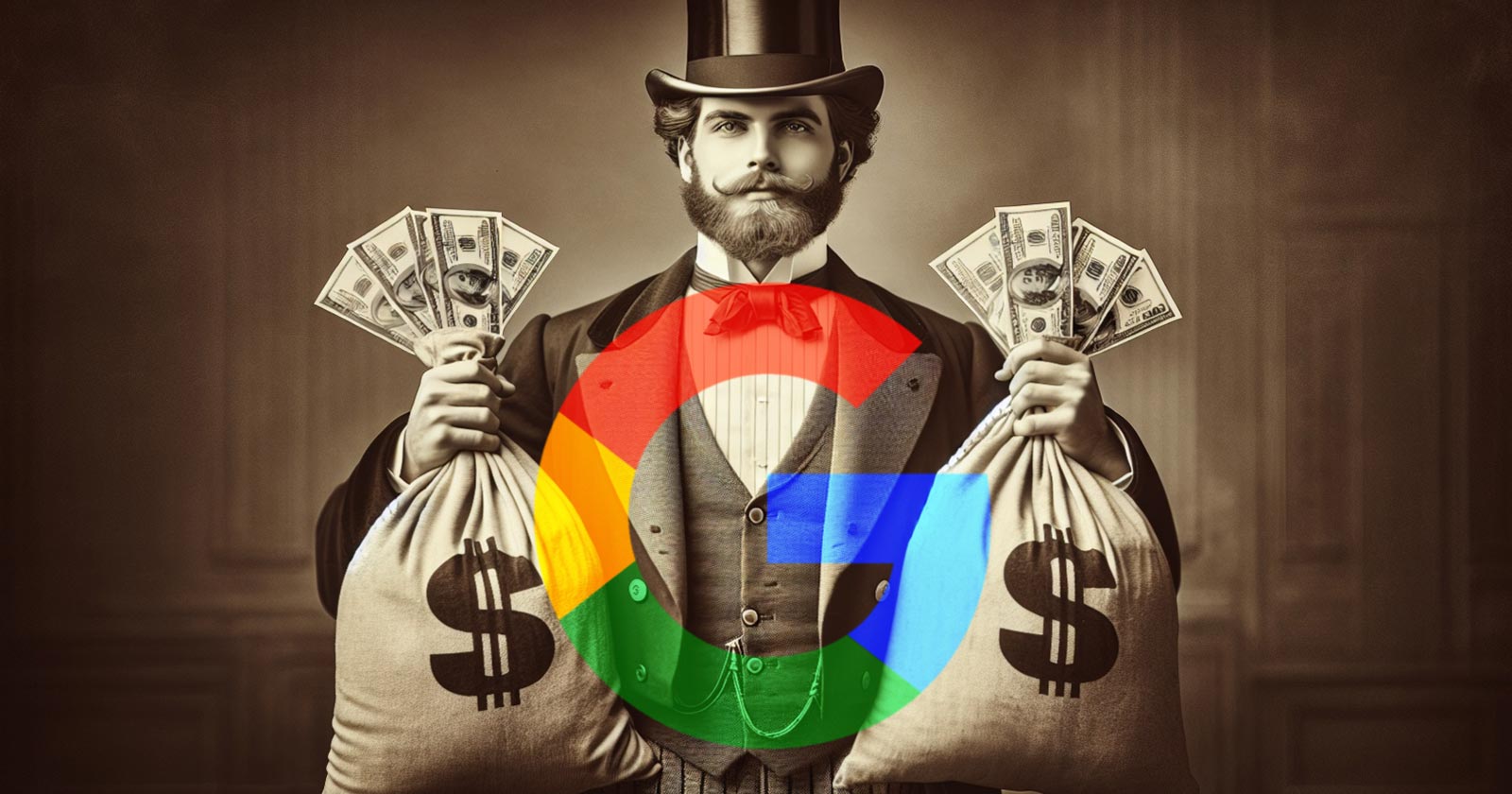



)
 English (US) ·
English (US) ·